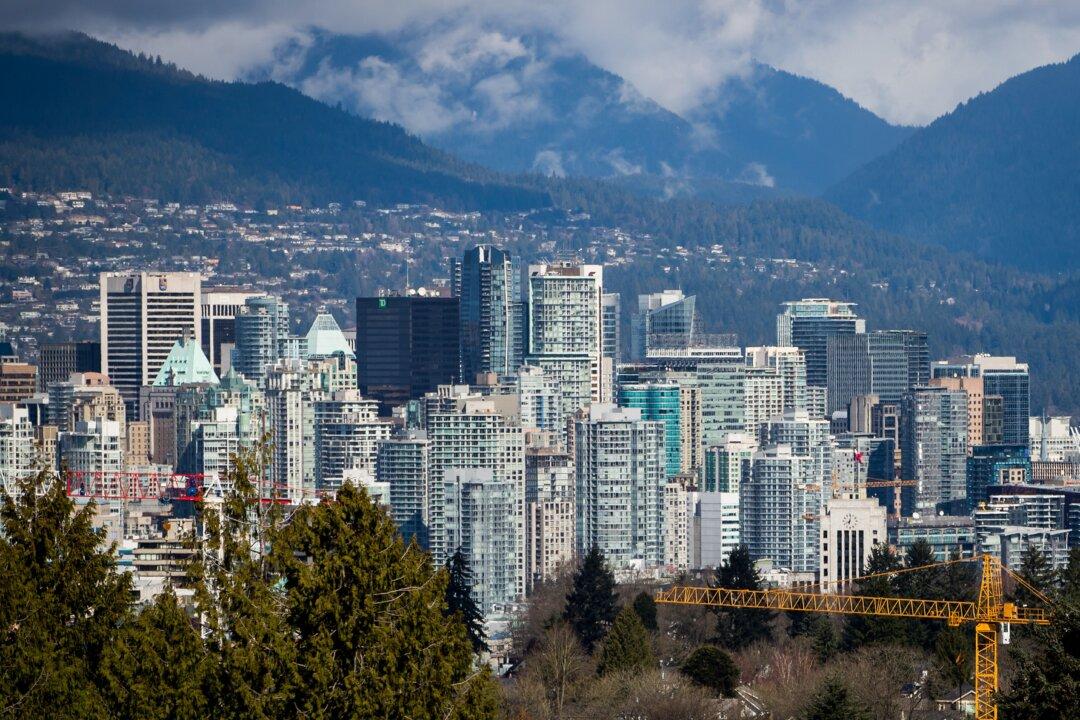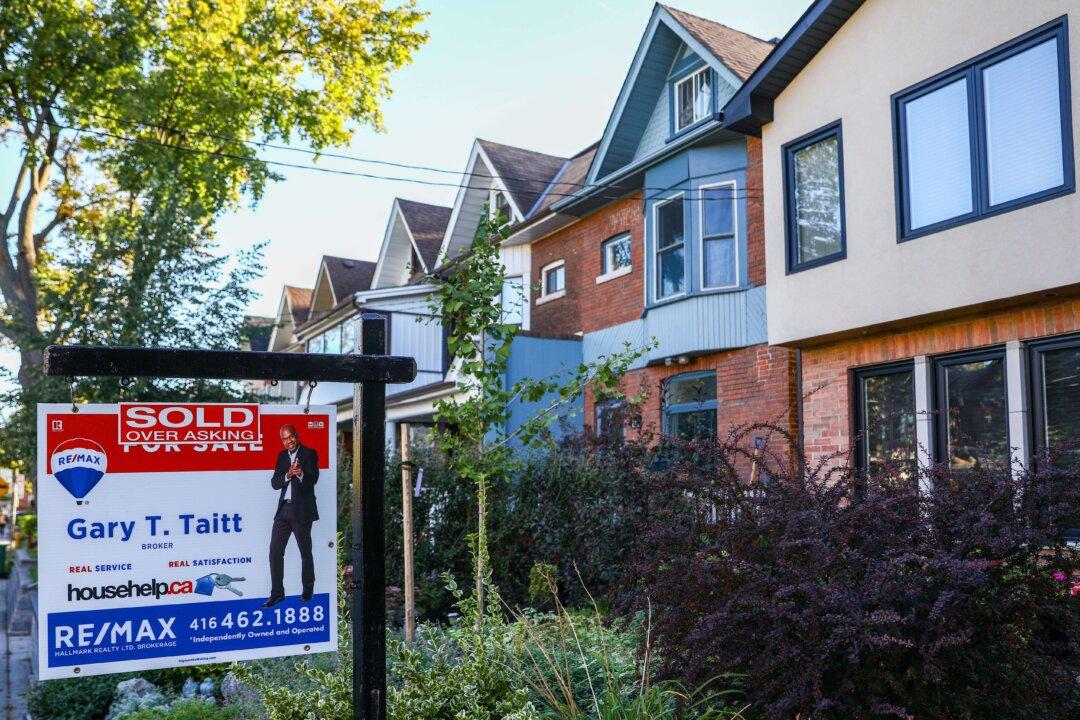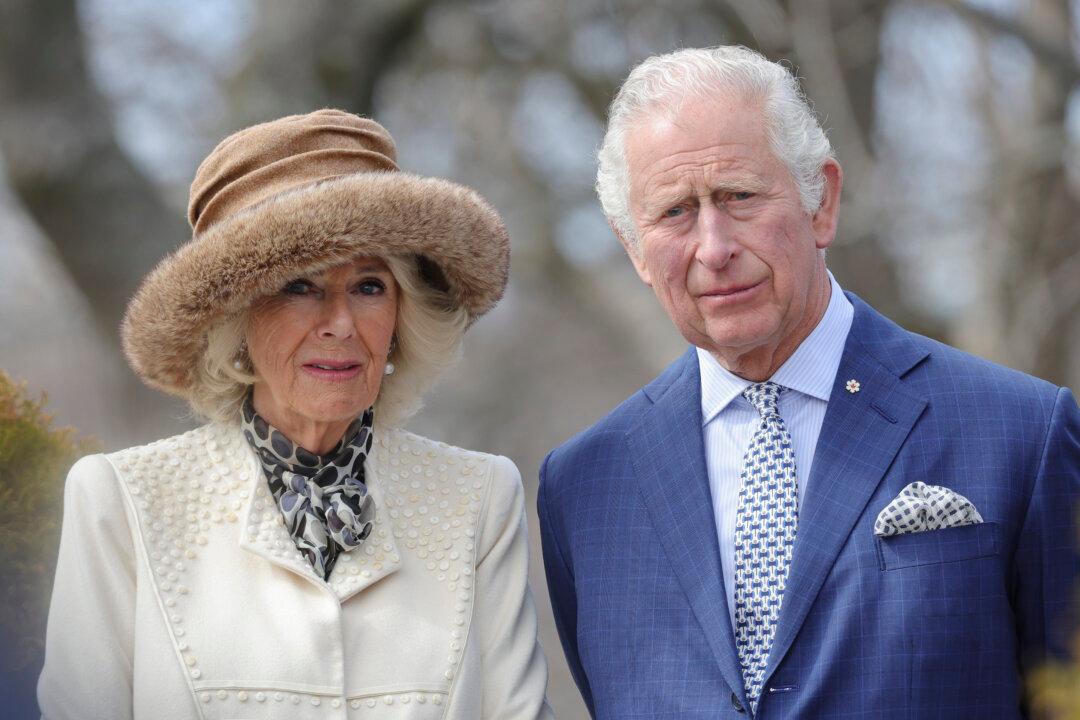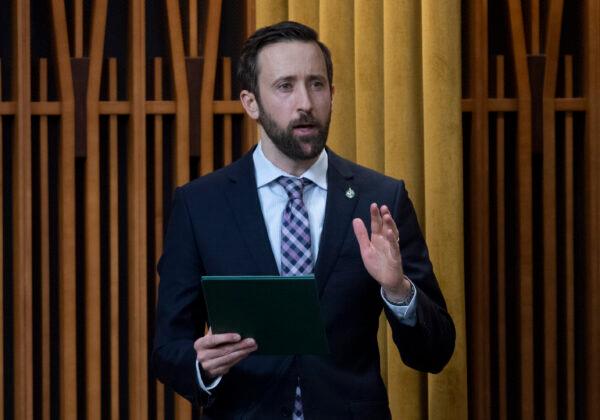A recent survey done in British Columbia shows the frustration many are feeling over a lack of affordable housing in large urban cities like Vancouver and Toronto, and reflects the ongoing debate over what to do to mitigate the problem in the COVID-19 era.
The survey concluded that 78 percent of B.C. residents are supportive of an interventionist policy seeking to ban foreigners from buying real estate, which has been blamed in large part for driving up housing prices.





